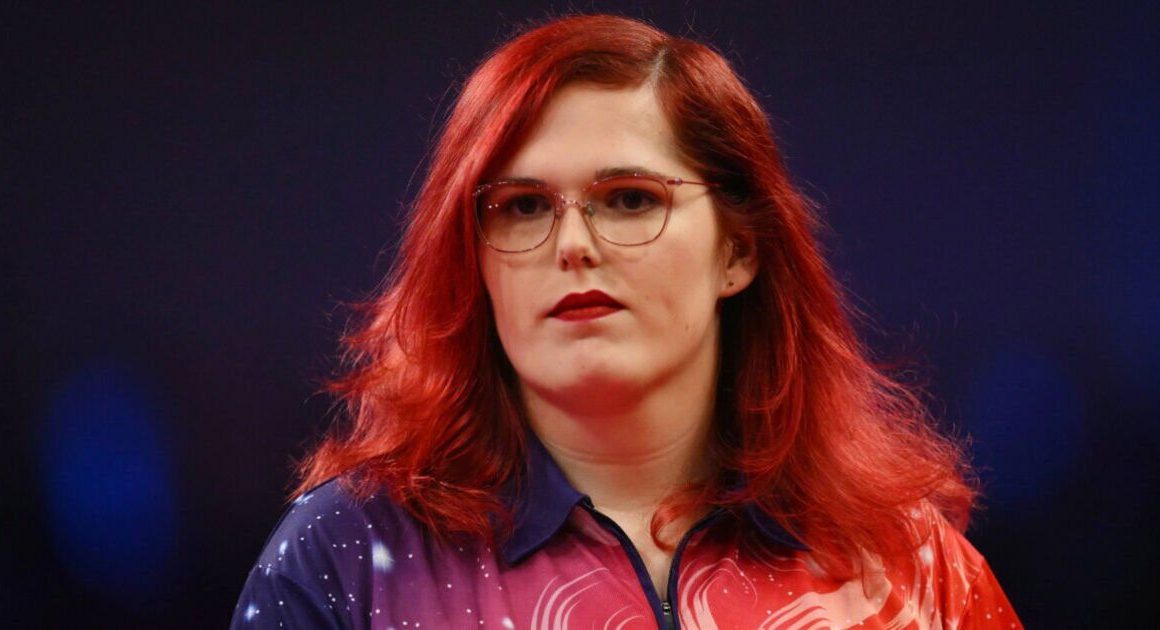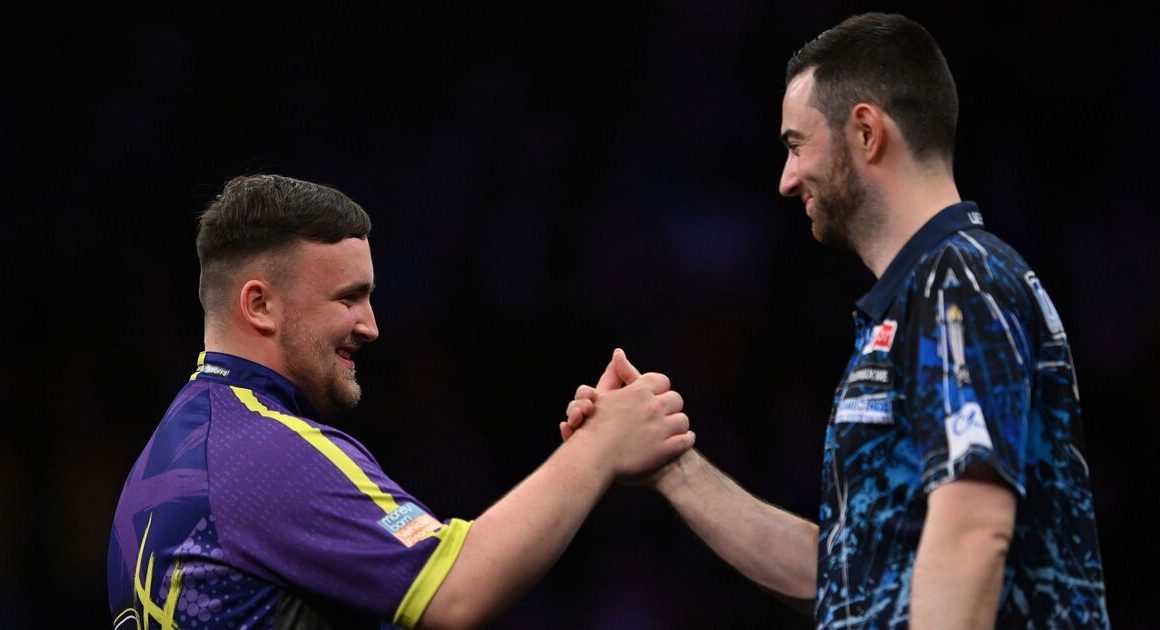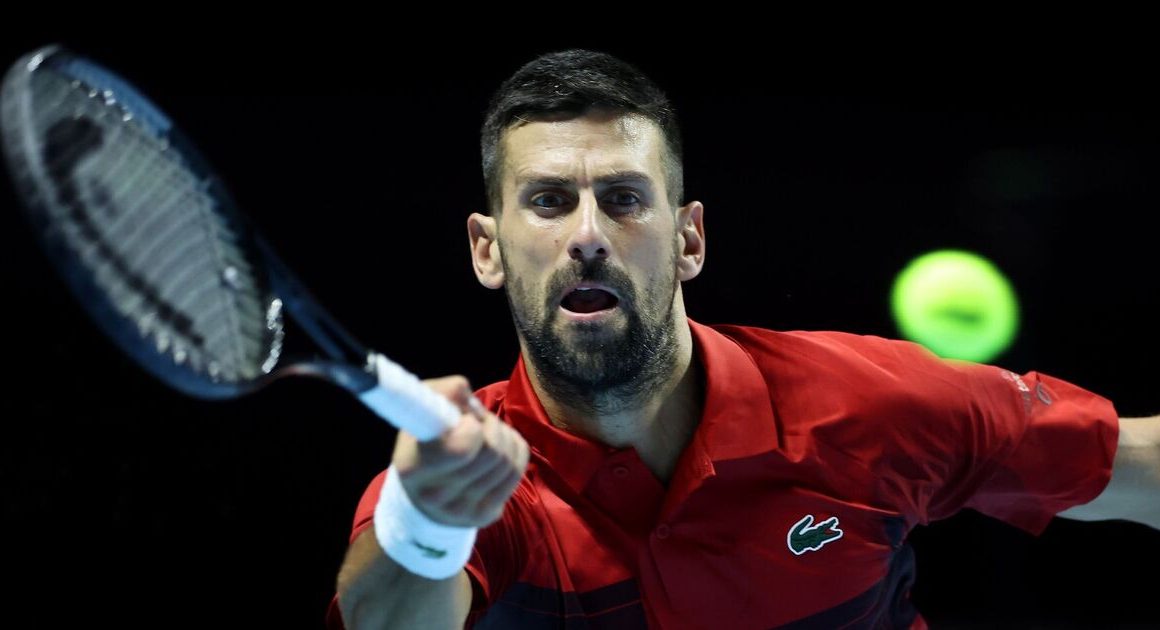Pain is temporary, but victory is forever.
That’s the mantra through which Canadian Sophiane Méthot attempts to live.
And on Friday at the Paris Olympics, the Varennes, Que., native won a bronze medal in trampoline — an accomplishment she’ll proudly wear for the rest of her life.
“My career hasn’t been easy. I had a lot of injuries. I had a lot of mental blocks. At one point I couldn’t even go and jump on a trampoline, like do just the one thing that everybody can do, just straight jump. Those were painful moments,” Méthot said from Paris on Friday.
“I was at my lowest and I had to find tools and resources around me to just push through it and get through it and that’s what I did and I think that’s why this medal feels so good right now — because I know I’ve been through a lot, and every time I got knocked down I just got up stronger.”
WATCH | The moment Méthot won Olympic bronze:
After qualifying for the final in 8th, Canadian Sophiane Methot won a bronze medal at the Olympics, once Chinese gymnast Hu Yicheng made a mistake on the trampoline. Follow her reaction as she watches the events unfold.
Méthot, who turns 26 on Saturday, faced one more obstacle on her way to the podium at Bercy Arena.
In qualification, the Canadian admittedly did not perform her best. The subpar routine left her on the bubble, unsure if she’d achieve her main goal at these Olympics of simply jumping for a medal.
But, by less than four-tenths of a point, Méthot claimed the eighth and final spot. The near-elimination experience freed her for the final.
“I had nothing to lose and everything to win. And my coach just told me, ‘Go out there, have fun, do what you love, do what you know you do best — this routine you’ve done like 100 times,'” Methot said.
Kyle Shewfelt, the CBC Sports analyst and Olympic gold medallist, said he noticed Méthot’s freer style in the final.
“What is admirable is she went after [the gold medal]. She knew she had nothing to lose [after qualifying eighth],” he told CBC Sports. “Winning that bronze medal is because of her courage, her fight, her grit and her determination.”
WATCH | Methot’s medal-winning routine:
Sophiane Méthot of Varennes, Que., scored 55.650 points to claim a bronze medal in women’s trampoline at Paris 2024.
Méthot first came to the sport of trampoline through the 2006 movie Stick It. She said she doesn’t exactly remember her first time on an Olympic trampoline except for the fact that it was at her home gym, Virtuose Centre Acrobatique.
In 2017, a bronze medal at the world championships in Bulgaria left Méthot feeling, for the first time, that she could truly contend for an Olympic podium.
But nagging injuries relegated her to alternate status for the Tokyo Olympics four years later, and due to COVID restrictions, Méthot wasn’t even able to attend the women’s trampoline final, let alone compete.
Meanwhile, for reasons she says remain unclear, Méthot’s head became “a big mess.”
“There were more and more doubts, anxiety, questions. As if the one per cent of doubt took over the 99 per cent of my confidence,” she told the Journal de Montreal in May. “I just try not to feed this irrational fear, this monster that’s always on my shoulder. It’s always a little struggle. It’s like a marathon runner starting to get weighed down with every step.”
WATCH | Méthot receives Olympic medal:
Watch Sophiane Méthot of Varennes, Que., be awarded her bronze medal at Paris 2024.
Together with coach Karina Kosko, Méthot began searching for solutions.
She says she saw plenty of sports psychologists, but that she found particular success in hypnosis. Méthot would see the specialists, explain her goals and allow the experts to instill them into her subconscious.
“It’s more of relaxation, but every time I had those mental blocks, I went back to [the hypnotist] and he said that I’m really responsive to his treatment. And I think it really helped me get through those hard times. Maybe it’s just in my head, but either way it works,” she said.

Indeed, Méthot now wears an Olympic bronze medal around her neck — something her parents, brother and boyfriend were all on hand to witness, along with Kosko.
“She’s been there through the ups and downs. She never gave up on me when I gave up on myself. She’s amazing. I love her. I love training with her, my family, my friends. I had some hard downs in my career and they’ve always been there supporting me, trying to help me get through it,” Méthot said.
Now, with the “monster” off her shoulder, Méthot can breathe after eight months she said consisted of eating, sleeping and training on repeat.
First, though, birthday cake awaits.
“I’m gonna eat it with my family, with my friends. That will be like the greatest celebration for me.”














